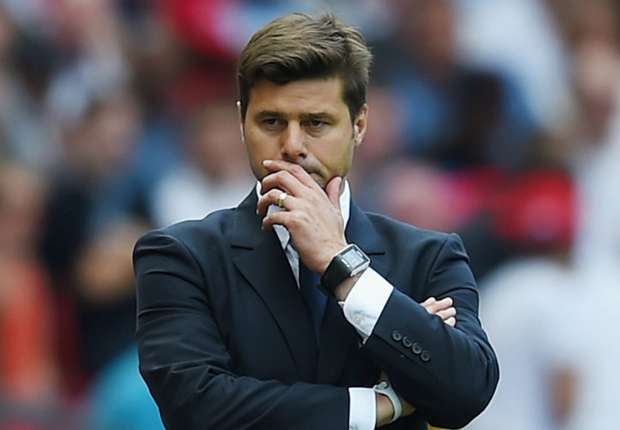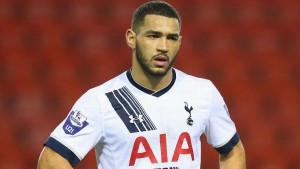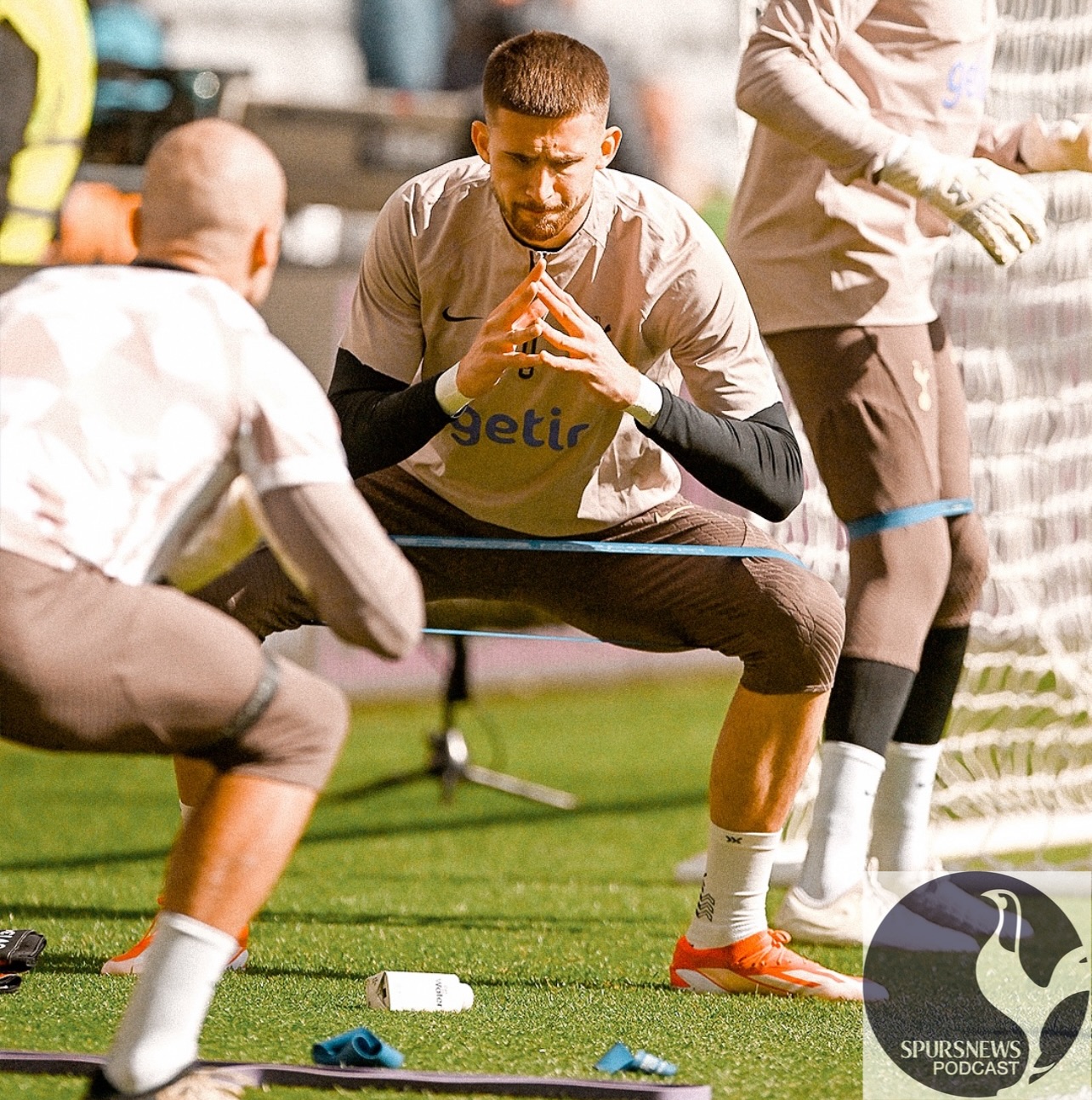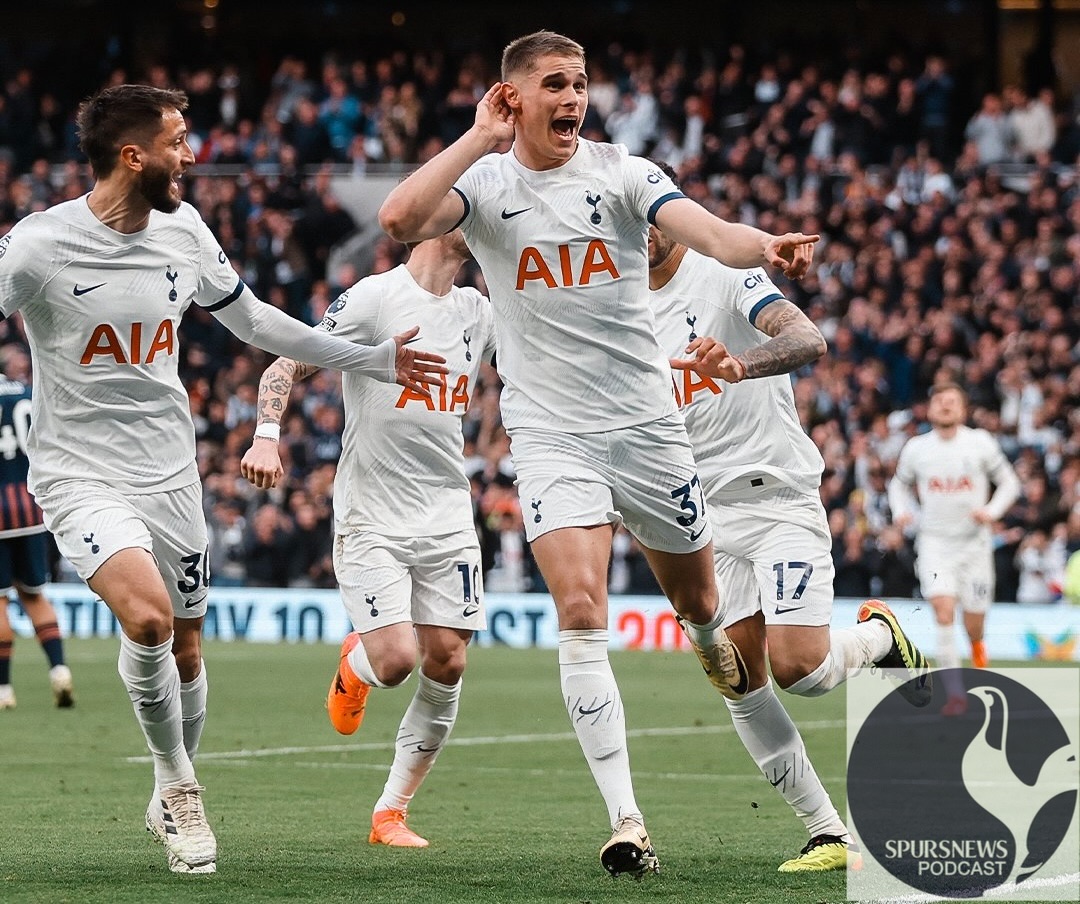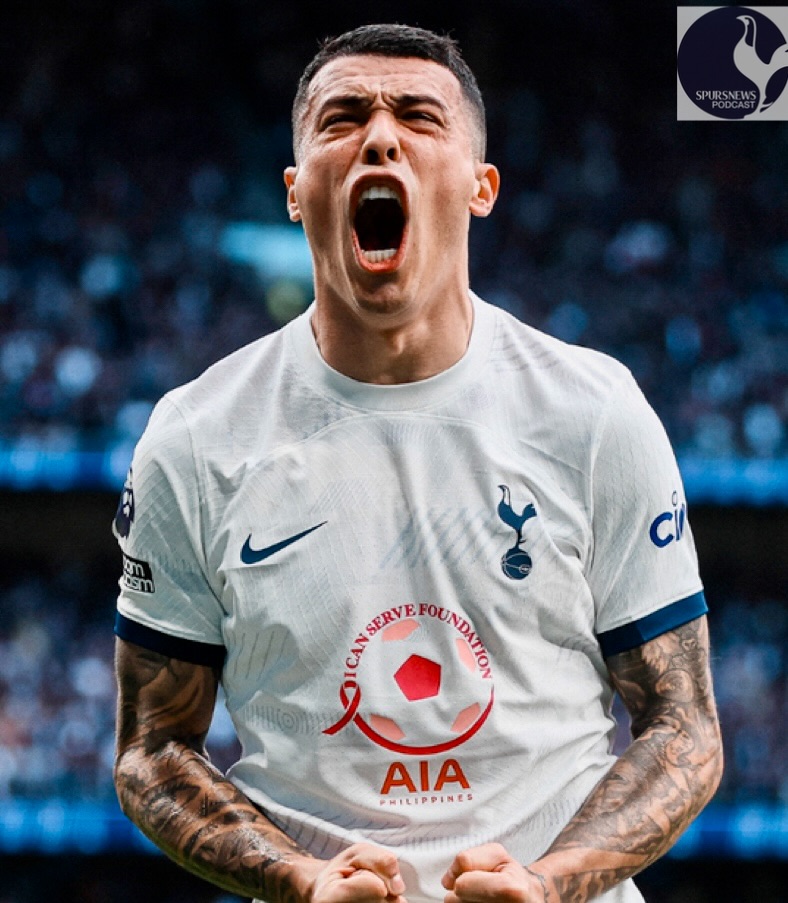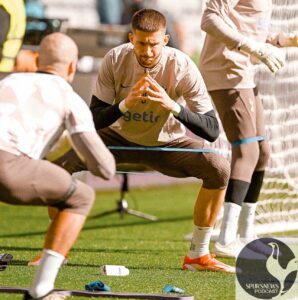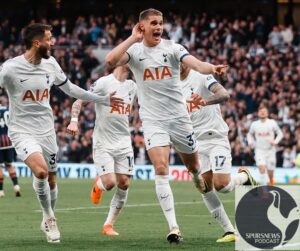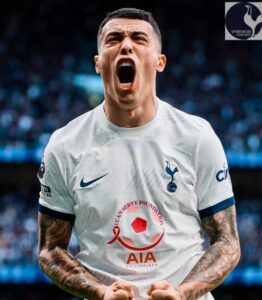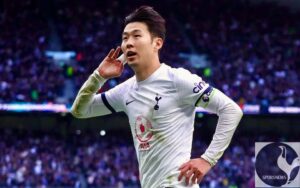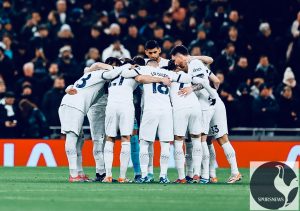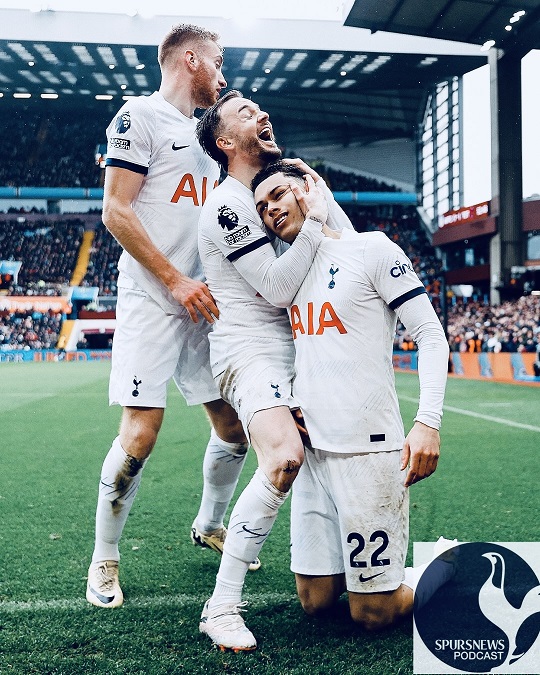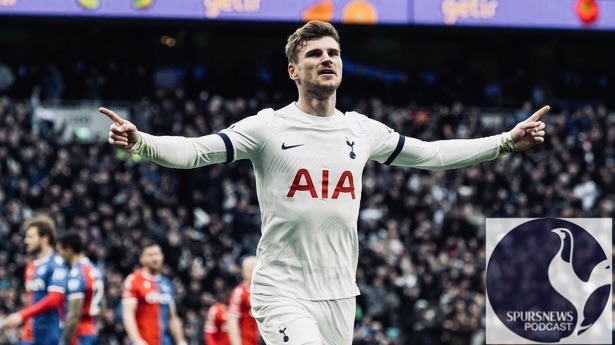A number of Spurs fans have questioned why 18-year-old Carter-Vickers, who is yet to make a competitive appearance for the club, has been named among the substitutes for each of the Lilywhites’ five games so far instead of Austria international Wimmer, who was at Euro 2016.
While Wimmer missed Tottenham’s pre-season friendlies in Australia and Oslo through injury, he has been available for the recent matches – but Pochettino has opted to name Carter-Vickers on the bench instead, having been impressed by the teenager’s performances in the warm-up games.
“I believe that Cameron is doing well,” said Pochettino. “If you watch again the games against Atletico Madrid, Juventus and Inter Milan, I think that maybe he deserves to play in the starting 11, because he can give to the team better quality than another player – it’s for that.
“All my decisions are because I think a player can give more things than another player. It’s for that that I’ve picked him on the bench.
“Kevin arrived late to pre-season and he was injured, remember. He didn’t play in Australia and Cameron did very well. You can watch the games – and if he deserves to be on the bench, then why not? Because he is young and another is…? It’s about performance.”
Wimmer was not the only Tottenham player to return late to pre-season due to his involvement at Euro 2016, and Pochettino feels the disruption to the preparations for the new campaign may be to blame for the fact that his side have made slow starts in a number of their opening games.
The Lilywhites have been behind at half-time in three of their first five matches, including Wednesday’s Champions League defeat to Monaco at Wembley.
“The lack of energy is from the beginning of the season, and the pre-season was difficult, “said Pochettino. “It’s difficult to understand why in every game we have some period in the first half – it’s not all the 45 minutes – where it’s difficult to get the pace of the game, and to manage and handle the game like we normally used to do.
“Then in the second half it’s like we need the manager and the staff to wake [everyone] up and say ‘this is the reality, we need to change’. Then it’s ‘now yes, we are going to do our job’.
“Maybe it’s because the pre-season was difficult and all that happened in the summer. It was difficult because of the Euros. The [international players] came late, we were in Australia and some players started to play with only 10 or 14 days’ training.”
Pochettino also admits there might be an element of complacency in the squad after their success last season, when Spurs achieved their highest ever Premier League finish.
“Maybe. You know always the human mind is a very difficult matter to deal with,” he said. “Yes, I think we need to accept that and work hard to try to recover it on the field.”
Pochettino identified a lack of passion in the first half of Spurs’ European defeat to Monaco on Wednesday, and he would like to see more aggression in future.
“Not to be more aggressive with the opposition, but to be more aggressive with the ball, to be more hungry,” he said. “To be aggressive doesn’t mean to punch someone. It’s being aggressive with the ball – when you have it at your feet you want to score, you are determined to show. We didn’t show in the first half this type of action.
“I watched the game three times and in the last two days I spent 12 hours watching and analysing clips, and I can confirm we didn’t show passion.
“Maybe you feel it inside but you don’t show it. I feel the passion but maybe I don’t show the passion. We didn’t show the emotion of being excited to play in the Champions League in the way that we waited for that – and then for me it is nothing wrong.
“When I tell it is in a positive way – we need to show that we are more excited to play in the Champions League.”
Tottenham’s players may be stung to hear their manager saying they lacked passion for 45 minutes on Wednesday, and that they might have been complacent at times so far this season – but Pochettino believes honesty is the best policy and that it encourages improvement.
“I was a person that liked the reality, that they never lied to me,” he said. “If I was s**t, I was s**t – but I need to know sometimes, because when you are young you need to know the reality, because when you are in your bubble you believe that always all you do is right. Sometimes you need people who say ‘hey, come on, what happened with you?’
“I remember always Marcelo Bielsa when he arrived at Espanyol. He arrived in pre-season and in [the Spanish newspaper] Mundo Deportivo I was [rated as] the best centre-back in La Liga.
“He arrived and said to me ‘how do you judge, analyse, assess your last season?’. I thought ‘the manager has asked me about my season and Mundo Deportivo says I am the best centre-back’ so, ok, from ‘zero to 10, maybe seven or eight?’. I was very humble. In my head it was nine or 10.
“‘You were s**t,’ he said to me, ‘because of this, this, this and this.’ He showed me why, and he said ‘if you perform like this then you cannot play for me and you cannot play in the national team’.
“It was tough for me. I drove to my house crying but, do you know, after time I recognised it was true. I was shit, yes – and then I played in the World Cup when I made the penalty [against Michael Owen] that wasn’t a penalty, I got a big offer from PSG to buy me and it changed my life.
“When I believed I was the star man, maybe from the news or the people, this big offer never arrived for me. But when I changed in my mind and my lifestyle and realised this is the reality, the national team, Paris Saint-Germain and different teams wanted me.
“This is an example that sometimes, yes they are young, but that is why we are here – to be tough but to be right, not to be tough to be horrible and aggressive. We try to give good advice, that is the most important thing.”
There was little wrong with Mousa Dembele’s passion and aggression when he made his last Premier League appearance in April, getting a red card for sticking a finger in Diego Costa’s eye and consequently receiving a six-match domestic ban.
That suspension has only just been completed and the Belgian midfielder is now in line to start against Sunderland on Saturday.
“He knows that one thing is to play aggressive and to tackle and to go always to the ball and be honest on the pitch. Another thing is to do what he did,” said Pochettino. “He paid for that and it was difficult for us because he was an important player and then you miss his talent in the last few games.
“But in the history of football many things happened like this. Remember Maradona in 1982 in Spain, there was big kick to a Brazilian player. He was sent off in the World Cup – Maradona, one of the best players in history.
“I remember I was playing in a game at Paris Saint-Germain and the striker was big and really bad. My team-mate was Gabby Heinze, who played for Manchester United. I said to Gabby ‘the next time the ball comes in the air, please, move aside. Let me challenge’.
“I jumped and put the feet here [in the neck]. When I put the studs here, I closed my eyes and said ‘what have I done?’ Sent off. I said ‘sorry, ok’. I was 27 years old, the captain of Paris Saint-Germain.”
(Ham & High)

